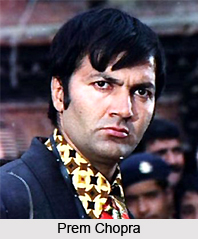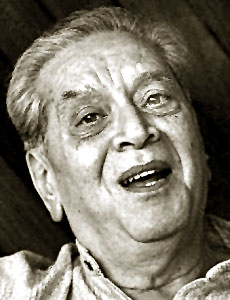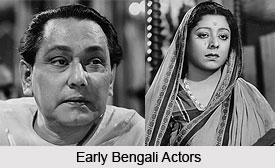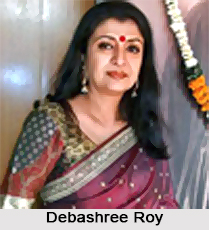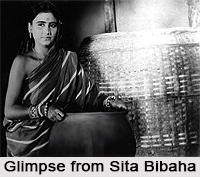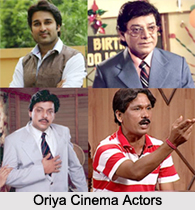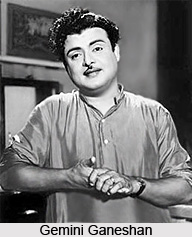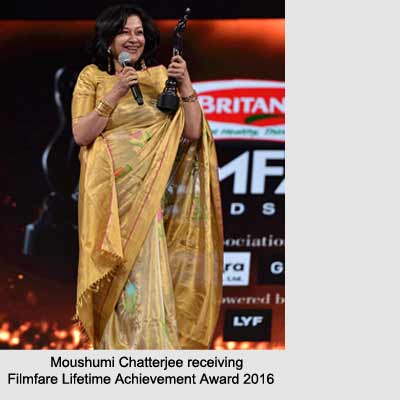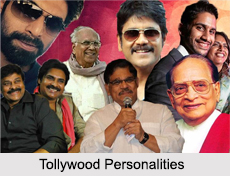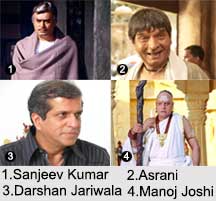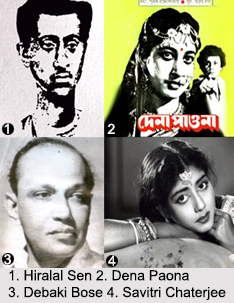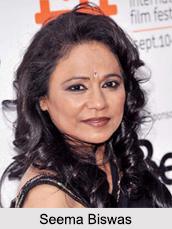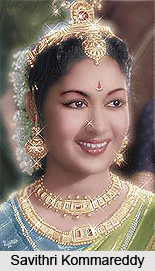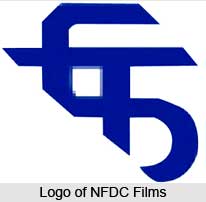 National Film Development Corporation of India is like an apex body, the central agency which has been established for the greater intention to encourage good cinema movement in India. Although the main goal of NFDC is to plan, promote and organize an integrated development of Bollywood, yet the idea of fostering excellence in Indian cinema is also an important motto of the organization. Quite ideally, over the years NFDC has offered an array of services, indispensable to the growth of Indian cinema. The NFDC has funded and produced over 300 films.
National Film Development Corporation of India is like an apex body, the central agency which has been established for the greater intention to encourage good cinema movement in India. Although the main goal of NFDC is to plan, promote and organize an integrated development of Bollywood, yet the idea of fostering excellence in Indian cinema is also an important motto of the organization. Quite ideally, over the years NFDC has offered an array of services, indispensable to the growth of Indian cinema. The NFDC has funded and produced over 300 films.
NFDC Films, in various Central Indian languages, have been widely acclaimed and have won many national and international awards. During a period of time, this body produced serious and offbeat films, which, as a rule focused on an accent on social injustice. This single theme was conveyed to the audience without the popular components of the mainstream films. The environment would be different, but the content and the conclusion of the story was the same. Over the time, these films also had their own group of "stars" who belonged to either the alumni of the Film and Television Institute of India (FTII) or the National School of Drama (NSD). Alike the stars in the mainstream films, they were frequently seen playing the same roles under different names.
NFDC films followed a rule that submitting a detailed script was always compulsory. The script was passed on and recommended for financing by a script committee. These films were then known as serious, parallel, or literate films and were only circulated and shown in the Indian film festivals and foreign countries. Some of these films also won honourable awards in the nation and abroad too. However, a majority of the Indian audience did not get an opportunity to see the best and outstanding films among the lot of NFDC films. This healthy cinema culture mostly remained beneath the heaps of the NFDC.
The process of scriptwriting of these films was done mostly by the director of the film and had some storybook work as their base. A writer, who had little background of filmmaking but had literary skills, also was engaged for the final checkout. The director, as the technical expert and of course the maker, would participate in the writing process.








